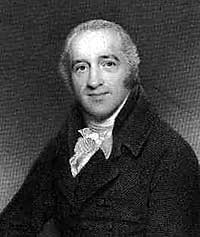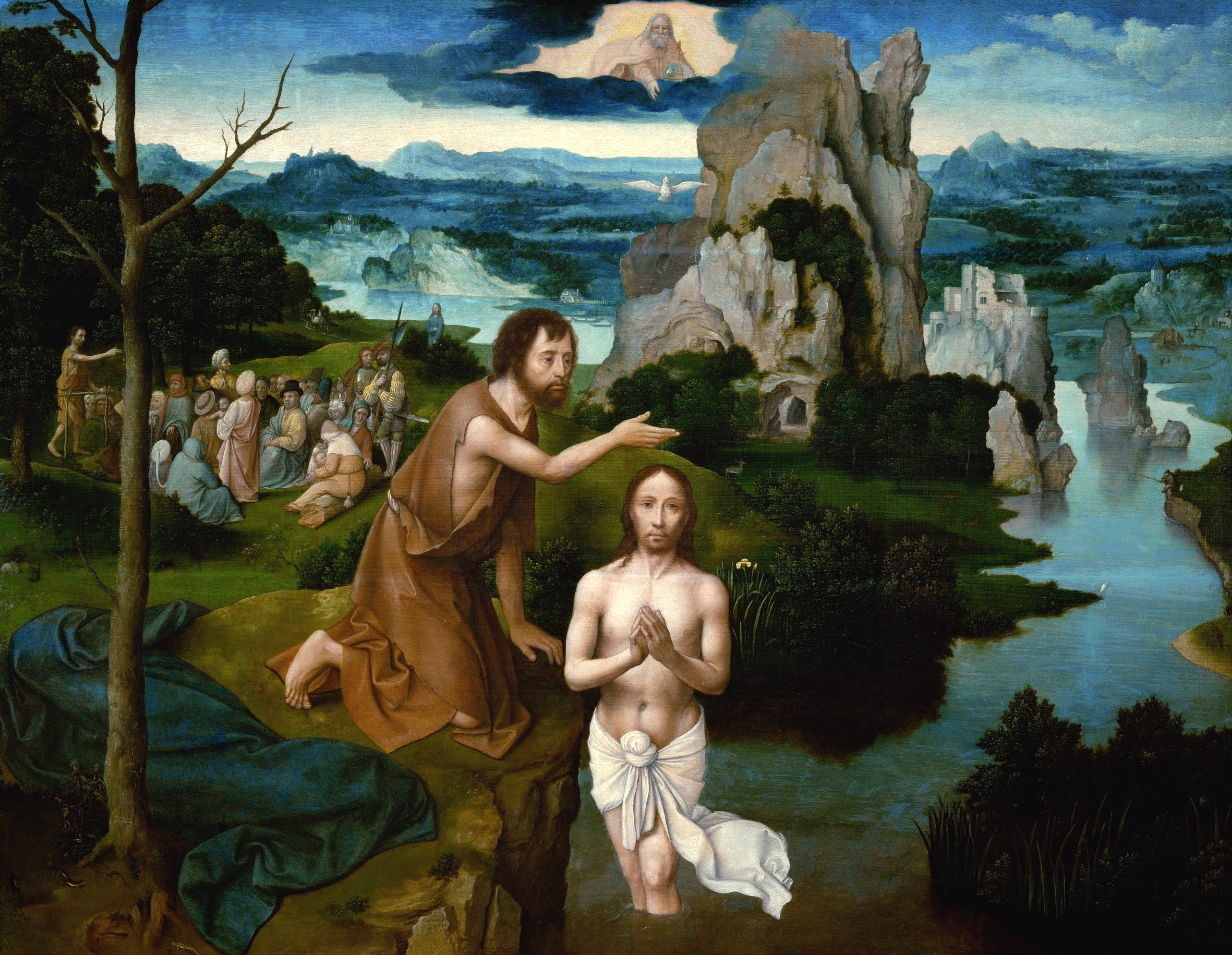
The gospel of the crucified, risen and ascended Messiah - Jesus - is a precious gift from God. As Paul explains to Timothy, it is a deposit that it to be unashamedly guarded:
Follow the pattern of the sound words that you have heard from me, in the faith and love that are in Christ Jesus. By the Holy Spirit who dwells within us, guard the good deposit entrusted to you. - 2 Timothy 1:13-14.
The truth entrusted is to be guarded against erroneous and strange doctrines. According to Paul's instruction to Timothy, the gospel is something that is to be suffered for (1:8, 12). It is something that is to be proclaimed, and therefore taught and preached without embarrassment (1.11). And finally it is something to be guarded from unsound teaching. It is to be held fast too, without variation or departure.
But there is a particular shape to guarding the gospel. That is, Paul not only gives Timothy instructions on what to do - guard the gospel, but how to do it. Verse 13 says "in the faith and love that are in Christ Jesus." Timothy's theological convictions and catechism of others is, even in the context of the hostility outlined in verses 15-18, to be done in faith and love.
Amongst evangelicals, one of the most frequent rallying cries is: "Guard the gospel!" We talk about the ease of losing the gospel, of generational change and slippery slopes. So we want to guard the good deposit, fight the good fight, and entrust the gospel. But I am not sure if I have ever heard the connection explicitly drawn between guarding the gospel, and doing so "in the faith and love that are in Christ Jesus". Without this link, defending the gospel quickly descends into a climate of bullying, group-think and uniformity.
I stand within a tradition that has gallantly guarded the gospel: within the cloisters of the university, within our para-church organizations, within denominations, and within parishes and churches. It is a heritage that has done much to preserve the faith once for all delivered to the saints from erroneous and strange doctrine.
Yet my observation is that other motivations besides guarding the gospel creep into people's behaviour - especially when the guarding is divorced from the faith and love of Jesus.
In seeking to guard the gospel, we forget to guard our own hearts. We are motivated by a fear of change and difference; or an immaturity to rest confidently in what Paul says in verse 12 God is able to do. As I've observed this, I've noticed that guarding the gospel without faith and love isbeen characterised by:
- A lack of theological depth in being able to handle both the unity and diversity of the body of Christ. This is particularly evidenced in people only reading books that they will agree with.
- A lack of epistemic humility is the consequence; an inability to understand difference and relate generously to those who are different to you as your brothers and sisters in Christ.
- This is followed by tribalism, as we draw ever smaller and smaller circles around who is 'in' and 'one of us', and who is 'out' and suspicious.
This runs something like 'we need to guard the gospel, otherwise the church/institution will slide into error. And we cannot be gracious in the way that we deal with this, because being gracious and generous is part of the problem.' Except that to some extent, if you guard the gospel without being gracious, you have in effect lost the gospel (see for example, 1 Corinthians 13). Because it matters how you guard the gospel. The combination of these characteristics seems to allow for Christians
to act like jerks in their ministry. That is, they are pastors who hurt
people by justifying ungodly practices.
Graciously guarding the gospel fits with the New Testament trajectory of not arrogance, but humility and gentleness, patience and kindness, love, joy, peace and self-control. Graciousness is not the slippery slope that will lead to, say liberalism (
cf. The Dying of the Light by James T Burtchaell). Graciousness is the fulfillment of guarding the gospel in the faith and love in Christ. This is not laying down the gospel and leaving it open for attack. Instead, this is resting humbly but confidently in the gospel. This confidence in the gospel allows you, in the power of the Holy Spirit, to get on with the business of guarding the gospel. Carson describes it in this way:
"You do not finally guard the gospel by raising the mote, circling the wagons, going into defensive mode alone, so as not to be contaminated by the interaction with the world. You preserve the gospel by gospelizing. That’s why any form of apologetics that becomes primarily defensive is finally spelling its own demise." - Don Carson
The way to get on with guarding the gospel in faith and love is not through closed sets, but through proclamation and training. Through passing on the good deposit, growing people in the gospel of Jesus Christ, and confidently proclaiming it. As Carson puts it, you guard the gospel by giving it away, by training people in it. This means neither denying or hiding the gospel, or making everything the gospel, but confidently holding to the core. Graciously guarding the gospel likes this does not create a culture of fear that exists around the slippery slope to liberalism. Graciously guarding the gospel likes this is confident that Christ will build his church. Hence graciously guarding the gospel like this allows you to (with thanks to
Byron Smith):
- Recognize differences between Christians without declaring everyone who disagrees with you to be an enemy of the gospel.
- Avoids an anti-intellectualism that assumes that others - even those I disagree with - have nothing to teach me.
- This leads to a hermeneutic of trust. That is, generosity to all others who call on the name of the Lord - our first move is towards them, rather than suspicion or distancing yourself from them.
- Avoids tribalism; guru-ising those we agree with and demonizing those with don't.
- Prevents an arrogance that assumes that 'God is lucky to have us'.
Graciously guarding the gospel is the refusal to use power in a way that subverts the gospel. It's the refusal to resort to ungodly patterns of relationships, but seeks to be above reproach as the word of Christ is taught and dwelt richly in. Now that is guarding the gospel in the faith and love that are in Christ Jesus.








